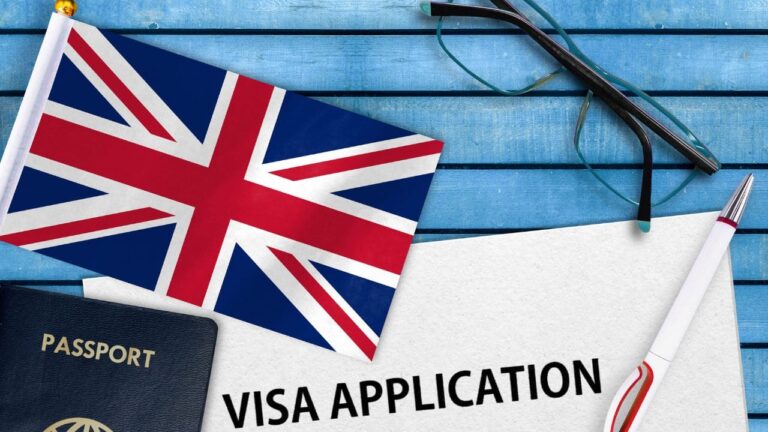Rome, July 2025 — The Italian Ministry of Foreign Affairs (MAECI) has updated its public-facing FAQ regarding entry visas and travel procedures, offering clearer guidance for non-EU citizens aiming to enter Italy for tourism, work, family reunification, or study purposes (Ministry of Foreign Affairs).
Do I need a visa to enter Italy?
Visitors unsure whether they require a visa are directed to the “Il visto per l’Italia” portal. By entering nationality, purpose of stay, and intended duration, users can confirm whether a visa is required and review required documents for each visa type (Ministry of Foreign Affairs).
Timeline for Submitting a Visa Application
- Visa applications can be submitted up to six months before the planned journey.
- Mariners can apply up to nine months in advance.
- The latest deadline is 15 calendar days before travel begins (Ministry of Foreign Affairs).
Where to Apply
The visa application must be lodged at the Italian Embassy or Consulate in the applicant’s country of legal residence. Specific consular offices and their contact details can be located on the “Il visto per l’Italia” database (Ministry of Foreign Affairs).
Visa Fees and Processing
- Visa fees are listed at the bottom of each visa category page on the portal.
- Short-stay Schengen visas are processed within 15 days, extendable up to 45 days under exceptional circumstances.
- Long-stay (National) visas follow different timelines: typically issued within 90 days, or 30 days for seasonal or family reunification visas, and up to 120 days for self-employed or independent work requests (Ministry of Foreign Affairs).
Duration vs. Validity vs. Multiple Entries
- Duration: Maximum time allowed per stay.
- Validity: Period during which the visa can be used.
- Some visas allow single, double, or multiple entries (denoted as “MULT”), potentially valid up to five years in exceptional Schengen Visa cases (Ministry of Foreign Affairs).
Checking Application Status
Applicants can inquire about their visa application status by contacting the specific consular office where the request was submitted (Ministry of Foreign Affairs).
Extensions and Residence Permits
- Short-stay Schengen visas cannot be extended except in extraordinary circumstances such as delays or emergencies, with permission required from local Questura (police authority).
- National (long-stay) visa holders must apply for a permesso di soggiorno (residence permit) within 8 days of arrival in Italy. The visa alone does not grant legal stay beyond entry authorization (Ministry of Foreign Affairs).
Grounds for Visa Denial and Appeals
- There is no guaranteed right to a visa; applicants possess only an “interest legittimo”.
- If denied a Schengen or long-stay visa not related to family reasons, applicants may file an appeal within 60 days at the TAR del Lazio.
- Denials related to family visas can be challenged in an ordinary civil court, with no strict time limit (Ministry of Foreign Affairs).
Key Information Summary
| Topic | Current Provision |
|---|---|
| Eligibility & Application Timing | Apply no earlier than 6 months (9 for mariners), at least 15 days before travel |
| Application Venue | Embassy or Consulate in country of residence |
| Visa Costs & Duration | Listed per visa type; processing varies by duration and type |
| Validity Rules | Duration = stay length; Validity = window to use visa; multiple-entry permitted |
| Extensions & Permits | Extensions limited; national visa holders must apply for residence permit |
| Appeals on Refusals | Correct legal channels depending on visa type |
Final Thoughts
The updated FAQ from MAECI reinforces Italy’s structured, case-by-case approach to visa issuance. It emphasises early planning, adherence to procedural timelines, and clear guidelines for handling refusals or visa extensions.
Individuals seeking entry into Italy for a variety of purposes—study, work, tourism, or family reunification—will find this resource essential for navigating the process efficiently and reducing uncertainty around legal requirements.
Sources:
MAECI FAQ section “Entrare in Italia” and related visa guidance pages (conssanpaolo.esteri.it, Ministry of Foreign Affairs, Ministry of Foreign Affairs)




Leave a Comment